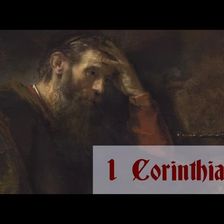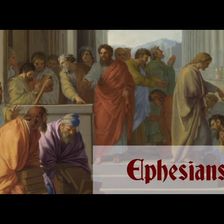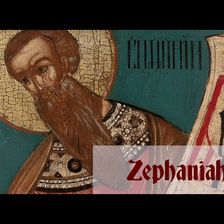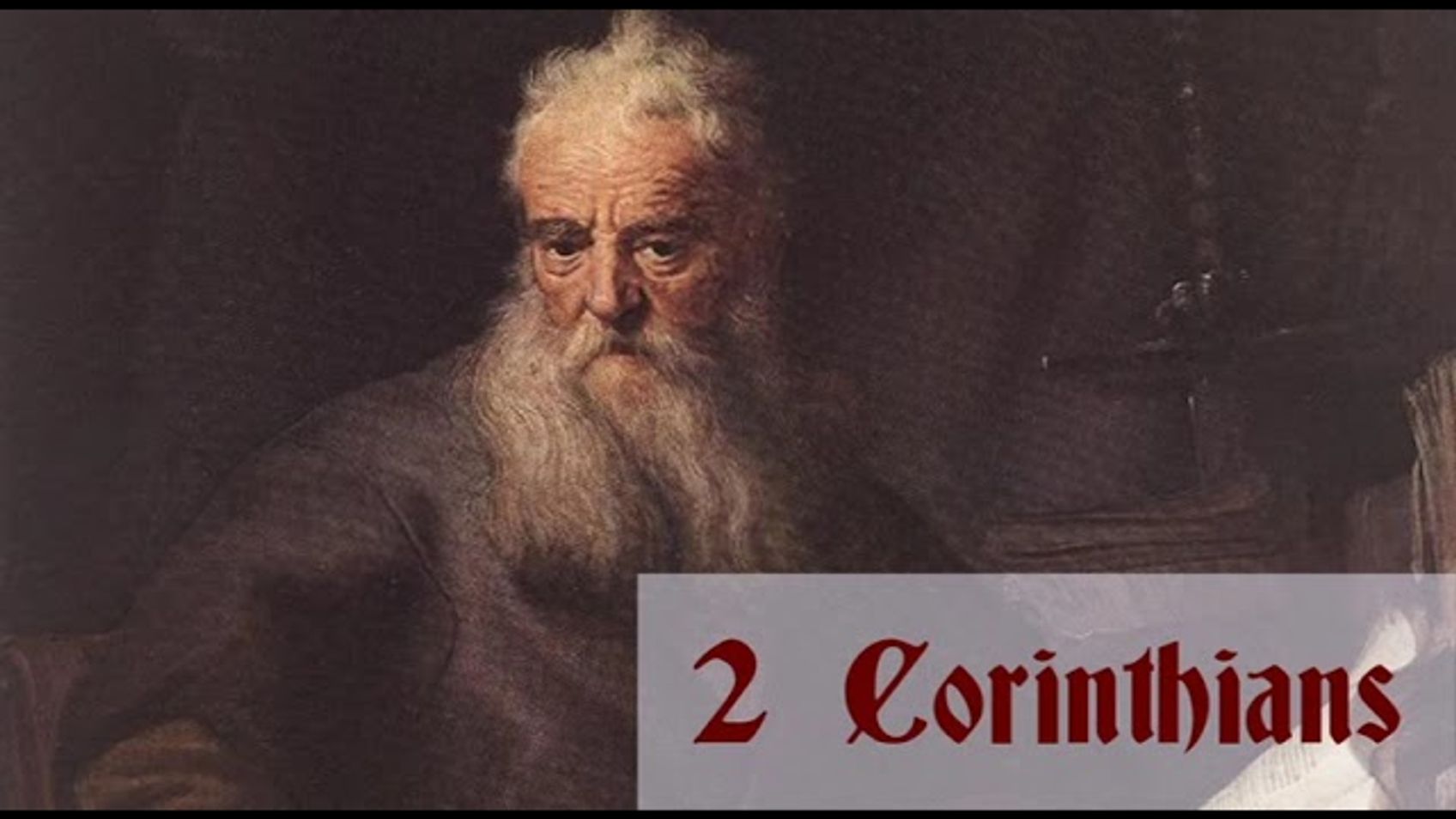2 Corinthians: Chapter-by-Chapter Commentary

*CONTENTS*
00:00:00 - 2 Corinthians 1.1—2.11: Paul's Changed Plans
00:12:10 - 2 Corinthians 2.12—3.18: The Transforming Ministry of the New Covenant
00:27:49 - 2 Corinthians 4: Treasure in Jars of Clay
00:41:05 - 2 Corinthians 5: Ministry of Reconciliation
00:56:15 - 2 Corinthians 6: Do Not Receive the Grace of God in Vain
01:09:55 - 2 Corinthians 7: Paul's Joy at the Corinthians' Response
01:16:22 - 2 Corinthians 8: Give Generously
01:34:07 - 2 Corinthians 9: The Collection for the Saints in Jerusalem
01:40:02 - 2 Corinthians 10: Paul's Defence of His Ministry
01:47:53 - 2 Corinthians 11: The False Apostles
01:59:57 - 2 Corinthians 12.1-13: Strength in Weakness
02:09:00 - 2 Corinthians 12.14—13.14: Closing Warnings and Greetings
If you have enjoyed my videos and podcasts, please tell your friends. If you are interested in supporting my videos and podcasts and my research more generally, please consider supporting my work on Patreon (https://www.patreon.com/zugzwanged), using my PayPal account (https://bit.ly/2RLaUcB), or by buying books for my research on Amazon (https://www.amazon.co.uk/hz/wishlist/ls/36WVSWCK4X33O?ref_=wl_share).
The audio of all of my videos is available on my Soundcloud account: https://soundcloud.com/alastairadversaria. You can also listen to the audio of these episodes on iTunes: https://itunes.apple.com/gb/podcast/alastairs-adversaria/id1416351035?mt=2.
More From Alastair Roberts






More on OpenTheo















